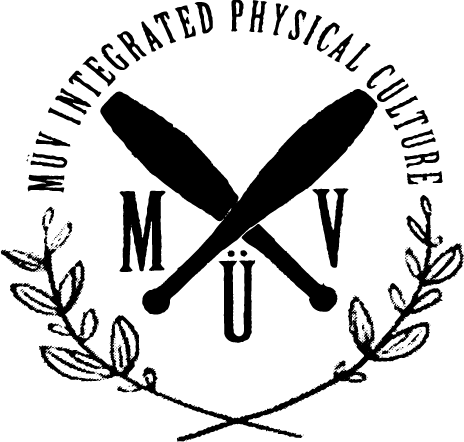MECHANO-THERAPY
How It's Different
It goes far beyond traditional stretching, Propioceptive Neural Facilitation (PNF), or standard bodywork.
It is manual muscle manipulation that combines the time-tested principles of 19th-century mechano-therapy—the employment of mechanical means for tissue healing—with range of motion tests from Clinical Kinesiology, treatment protocols from Muscle Activation Techniques (MAT®), and the application of Exercise Mechanics (RTS®).
What to Expect
You will be fully clothed on a treatment table. We will assess your joint ranges to figure out if there are any disparities on either side of your body. We will then attempt to reduce those disparities by figuring out the root cause of your dysfunction then stabilizing your structure by activating underperforming muscles through precise palpations, manual isometric and isokinetic training.
After the initial assessment, Private Lessons may start with Mechano-Therapy for a period of time depending on your condition before moving on to more integrated training lessons. We use the techniques throughout your training journey throughout your lessons. Even if you have had years of experience with us, you may have lessons later on in your journey that could be exclusively Mechano-Therapy lessons.
However, we also offer shorter maintenance sessions that focus on sequential activation protocols focused on one or two areas of your body within those sessions.
Who Mechano-Therapy Is For?
People with chronic tightness that won't release
Athletes with recurring injuries or compensation patterns
Desk workers with postural dysfunction
Anyone who's "tried everything" without lasting results
Post-rehab patients looking to restore optimal function
The History of Mechano-Therapy
Originally defined in 1890 as "the employment of mechanical means for the cure of disease," it was one of the core elements of physical medicine and medico-gymnastics by the end of the 19th century.
Modern mechano-therapy is being revived in current medical literature as "therapeutic interventions that reduce and reverse injury to damaged tissues or promote homeostasis by mechanical means at the molecular, cellular, or tissue level."
We combine this proven approach with our derived treatment techniques to create a systematic protocol that addresses neuromuscular dysfunction at its source.
Investment
Initial Movement Assessment: $150
Structural Assessment: $150
30 Minute Maintenance Memberships:
4x/Month: $60/Session
8x/Month: $50/Session
